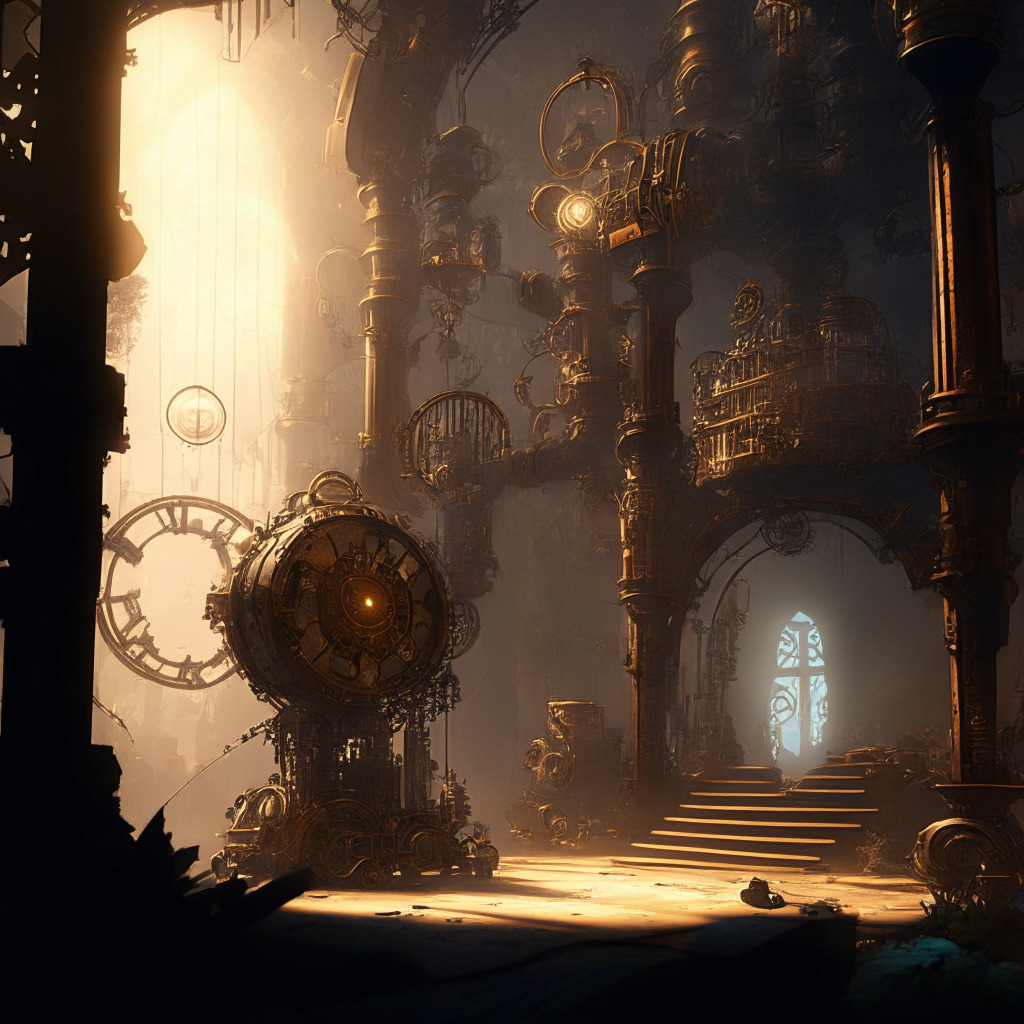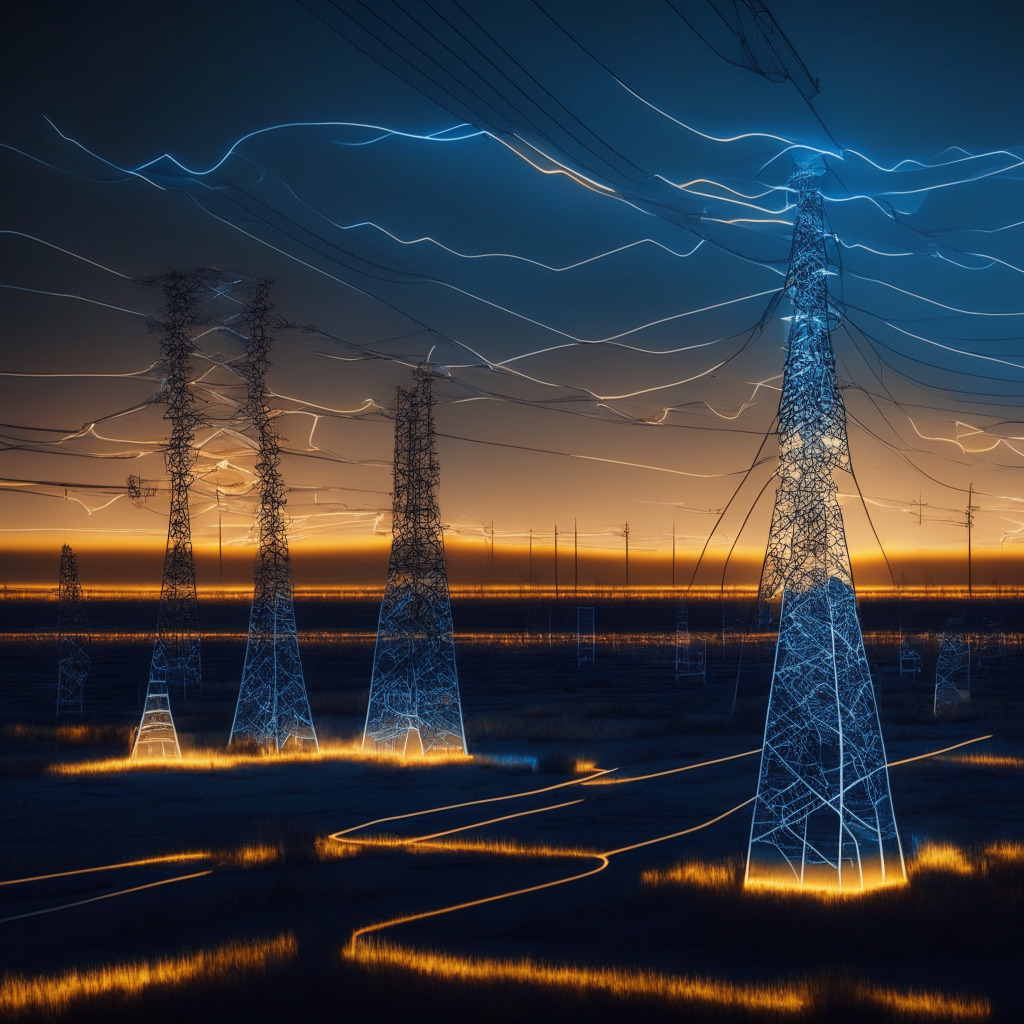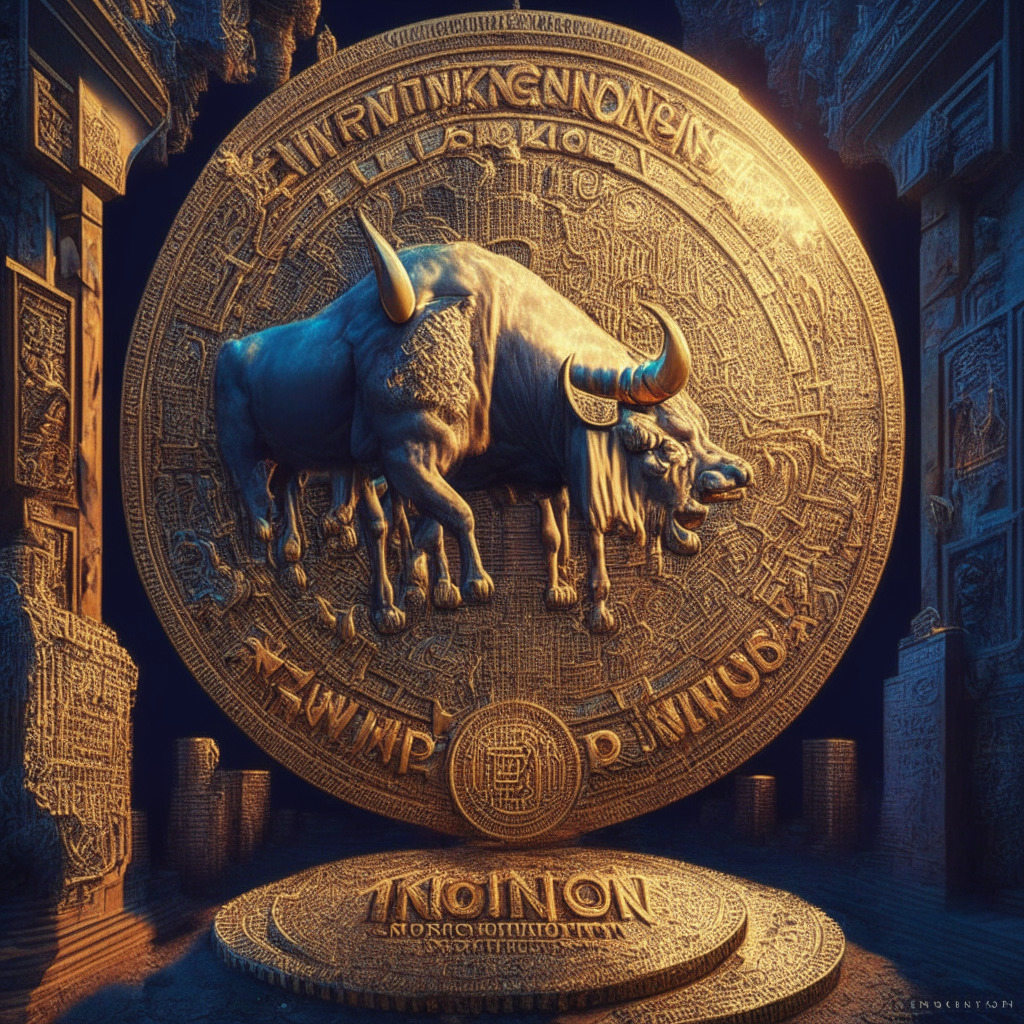The rapid development of AI technology is transforming various industries, including the entertainment sector. Recently, the use of AI tools by game developer Cyan Worlds, known for the classic games Myst and Riven, in its latest game Firmament has sparked discontent among some of the gaming community. The incorporation of AI in the title, originally reported by blogger Gregory Avery-Weir, included elements such as game logs, stories, voice acting, and wallpaper design.
The discontent intensified when it was discovered that the voice actors had not received appropriate recognition in the game’s credits. Instead of mentioning their contributions, an “AI Assisted Content” banner was present in the credits. This revelation has raised concerns over the potential misuse of AI, as some gamers question the ethical boundaries of replacing human effort with artificial intelligence in creative industries. Comments on the Firmament Kickstarter page reveal the extent of the disappointment from game supporters.
Despite the outcry, Cyan Worlds defended its decision to utilize AI tools in their latest title, stating that human involvement remained an integral component in the process. The studio cited the example of human-recorded voice acting still being used but subsequently augmented by AI. This decision has led to potential repercussions from members of the Screen Actors Guild (SAG-AFTRA), who are concerned about the possible use of AI to recreate voice actors’ performances from older content without proper consent or compensation.
Moreover, other game developers like Blizzard Entertainment are also reportedly leveraging AI technology in their games, albeit in a supplementary capacity. Blizzard President Mike Ybarra clarified on Twitter that the company’s intention is to enhance the creative process using AI, allowing more focus on high-quality creative thinking and tasks.
In conclusion, the debate surrounding the ethical use of AI in the entertainment industry continues to intensify. While AI has the potential to significantly contribute to and streamline various processes in the creation of games, concerns regarding generating homogenized content and compromising human effort and creativity remain. Developers must strike a balance between innovation and maintaining the integrity of creative industries, taking into account the value of human artistry that has made these industries thrive throughout history. As AI becomes more prevalent, discussions resolving these conflicts will become increasingly critical to preserve the spirit of human innovation in both the gaming world and the broader entertainment sector.
Source: Decrypt




